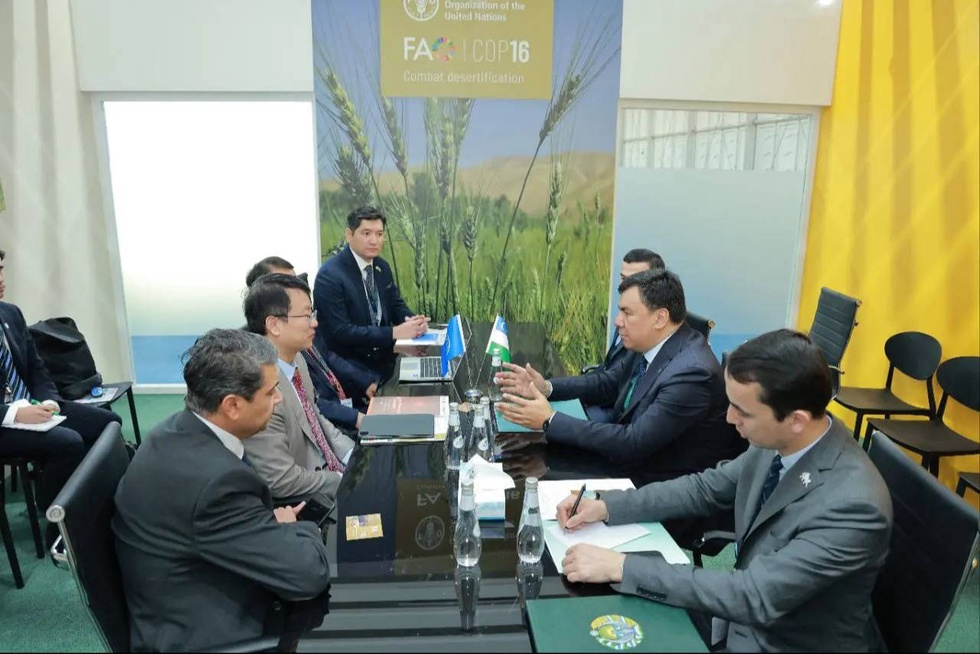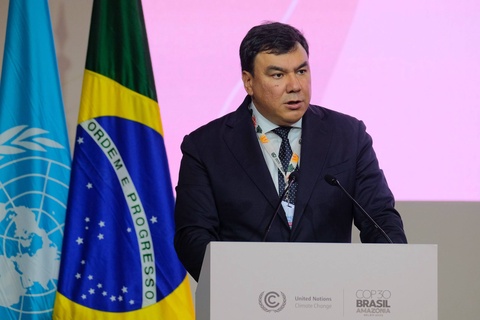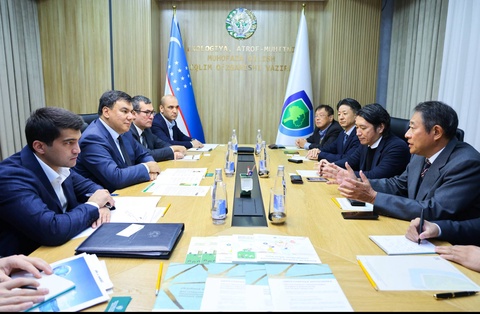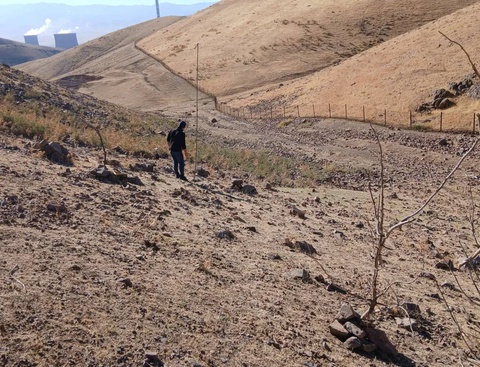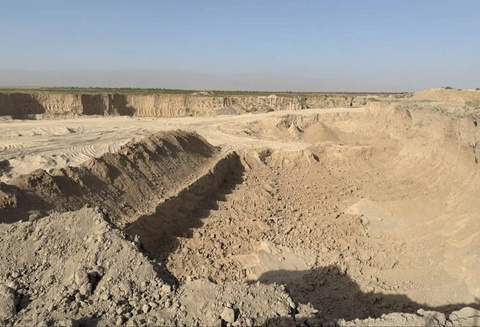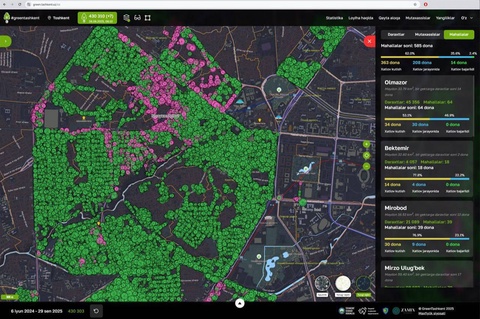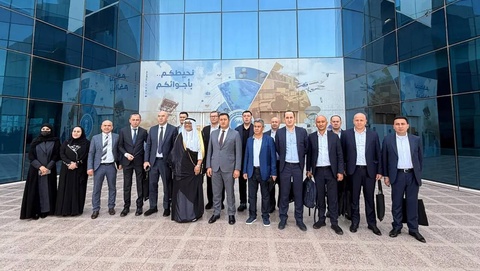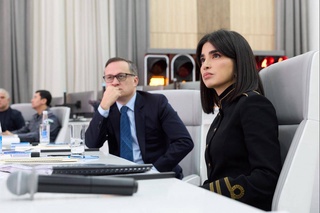The Uzbek delegation was headed by Minister of Ecology, Environmental Protection and Climate Change Aziz Abdukhakimov, and Deputy Minister of Agriculture Alisher Shukurov also participated in the negotiations.
On the part of FAO, the meeting was attended by Deputy Director General and regional representative of the organization in the Middle East and North Africa Abdulhakim Elwaer, Head of the Department of Land and Water Resources Li Lifeng, Head of the Forestry Department Qi Ming Wu, technical specialist Feras Ziadat and Deputy representative of FAO in Uzbekistan Sherzod Umarov.
During the meeting, the parties discussed key areas of cooperation, including the fight against climate change, environmental protection and sustainable agricultural development. The Uzbek delegation expressed gratitude to FAO for its support in implementing initiatives in these areas.
One of the central issues of the meeting was the report "Sand and Dust storms in Uzbekistan: atmospheric modeling to understand the consequences and eliminate them", prepared on the initiative of FAO in Uzbekistan within the framework of the FOLUR project. The document provides an analysis of the causes of dust storms, the consequences and nature-oriented solutions to mitigate them. The study is based on the advanced RAMS/ICLAMS modeling system, which allows us to assess the interaction between dust sources, vegetation cover and regional climatic conditions.
Special attention was also paid to the discussion of the Yashil Makon national project, in particular cooperation within its framework, which provides for measures for large-scale afforestation. The participants stressed that restoring the ecological balance in the region requires joint efforts between the countries of Central Asia. Another focus of the discussions was the problem of the Aral Sea region, where the importance of strengthening international cooperation was emphasized.
In conclusion, the parties reaffirmed their commitment to strengthening partnership and implementing joint initiatives that contribute to the conservation of natural resources and sustainable development of the region.


